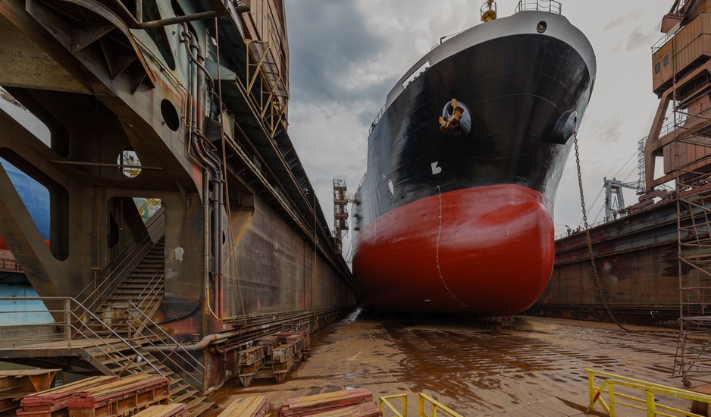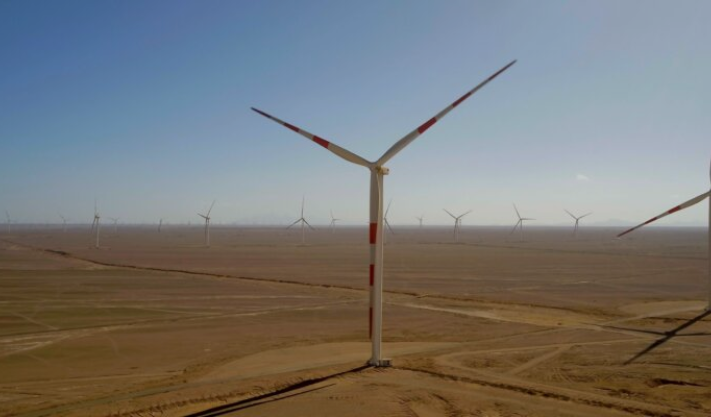
Middle East Free Zones Attract Global Companies
The Middle East has emerged as a global business hub, thanks to its strategic location, investor-friendly policies, and growing economic diversification. One of the region’s biggest draws for international enterprises is its network of free zones. These designated areas offer businesses a range of incentives, making them attractive destinations for global companies looking to expand their presence.
Why Global Companies Choose Middle East Free Zones
Tax Benefits and Full Foreign Ownership
One of the biggest advantages of Middle East free zones is their favorable tax policies. Most free zones offer 100% foreign ownership, allowing international investors to establish and operate their businesses without needing a local partner. Additionally, these zones often provide tax exemptions on corporate and personal income, as well as no duties on imports and exports. These benefits significantly reduce operating costs, making the Middle East an appealing option for global expansion.
Strategic Location and Global Connectivity
The Middle East serves as a gateway between Europe, Asia, and Africa, making it an ideal location for businesses involved in international trade. Free zones in major cities like Dubai, Abu Dhabi, Riyadh, and Doha provide excellent infrastructure, including world-class airports and seaports. This connectivity ensures efficient global supply chain management and access to key markets.
Streamlined Business Setup and Regulations
Many free zones offer a hassle-free business setup process, often requiring minimal paperwork and allowing for quick incorporation. Governments in the region have invested heavily in creating business-friendly environments, including digital platforms for licensing, visas, and regulatory compliance. The ease of doing business in these zones attracts multinational corporations and startups alike.
Sector-Specific Free Zones
Another key attraction is the availability of industry-specific free zones catering to various sectors such as technology, finance, logistics, healthcare, and manufacturing. For instance, the Dubai International Financial Centre (DIFC) specializes in financial services, while Dubai Internet City focuses on technology firms. These specialized zones offer tailored infrastructure and support services to help businesses thrive in their respective industries.
Key Middle East Free Zones
- Dubai Multi Commodities Centre (DMCC) – A leading hub for commodities trading and enterprise in Dubai.
- Jebel Ali Free Zone (JAFZA) – One of the largest free zones, supporting trade and logistics companies.
- Abu Dhabi Global Market (ADGM) – A prominent financial free zone in Abu Dhabi.
- Qatar Financial Centre (QFC) – Offers financial and professional service firms access to Qatar’s growing economy.
- King Abdullah Economic City (KAEC), Saudi Arabia – A fast-growing economic hub for industrial and logistics businesses.
Future of Free Zones in the Middle East
The future of free zones in the Middle East looks promising, with governments continuously introducing new initiatives to attract foreign investment. Digital transformation, smart infrastructure, and enhanced regulatory frameworks will further bolster the region’s appeal to global businesses.
As global companies seek new markets and investment opportunities, the Middle East’s free zones remain a prime choice. Their combination of tax incentives, strategic location, and business-friendly policies ensure long-term growth for companies looking to establish a strong international presence.
Published: 3rd April 2025
For more article like this please follow our social media Facebook, Linkedin & Instagram
Also Read:
Middle East Economic Growth Forecast for 2025: Key Insights
OPEC+ Output Decisions: Impact on Middle East Economies
Egypt’s El Sisi and Trump discuss Gaza and Red Sea travel in call


















